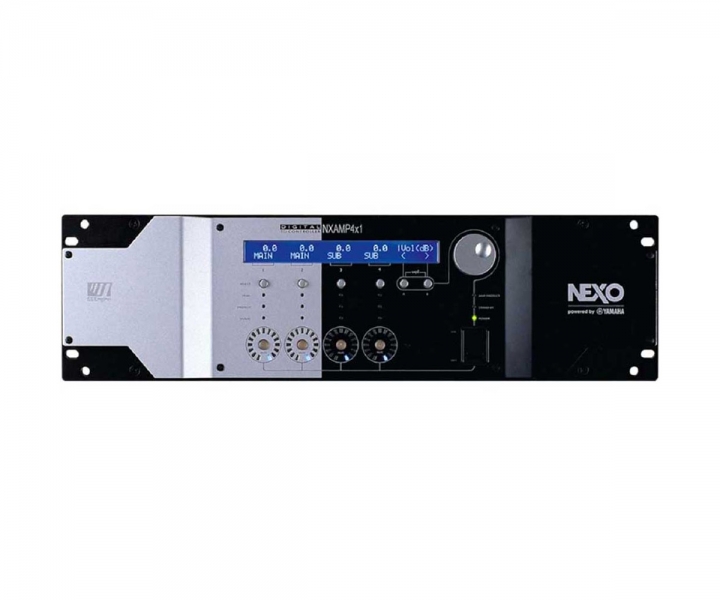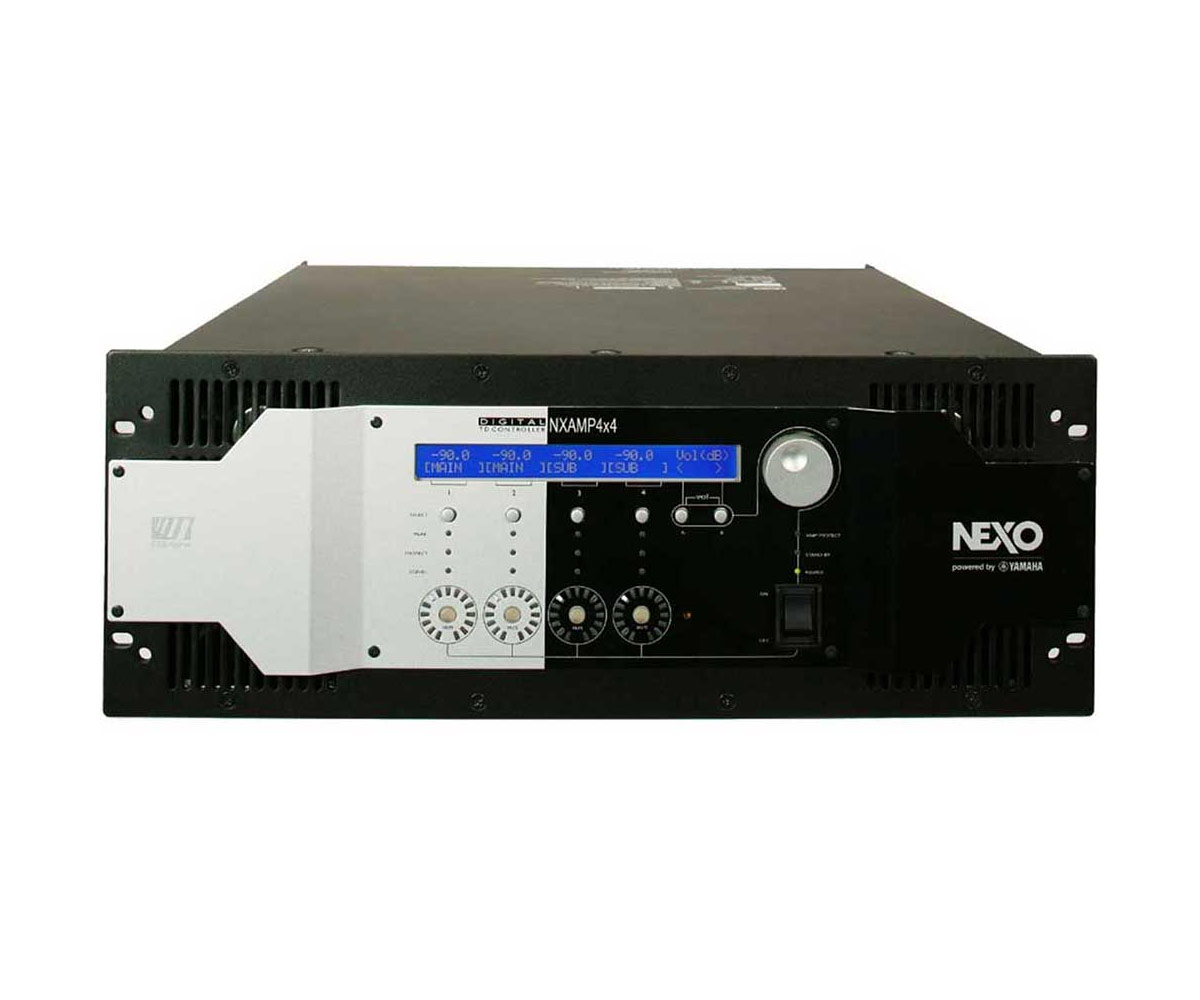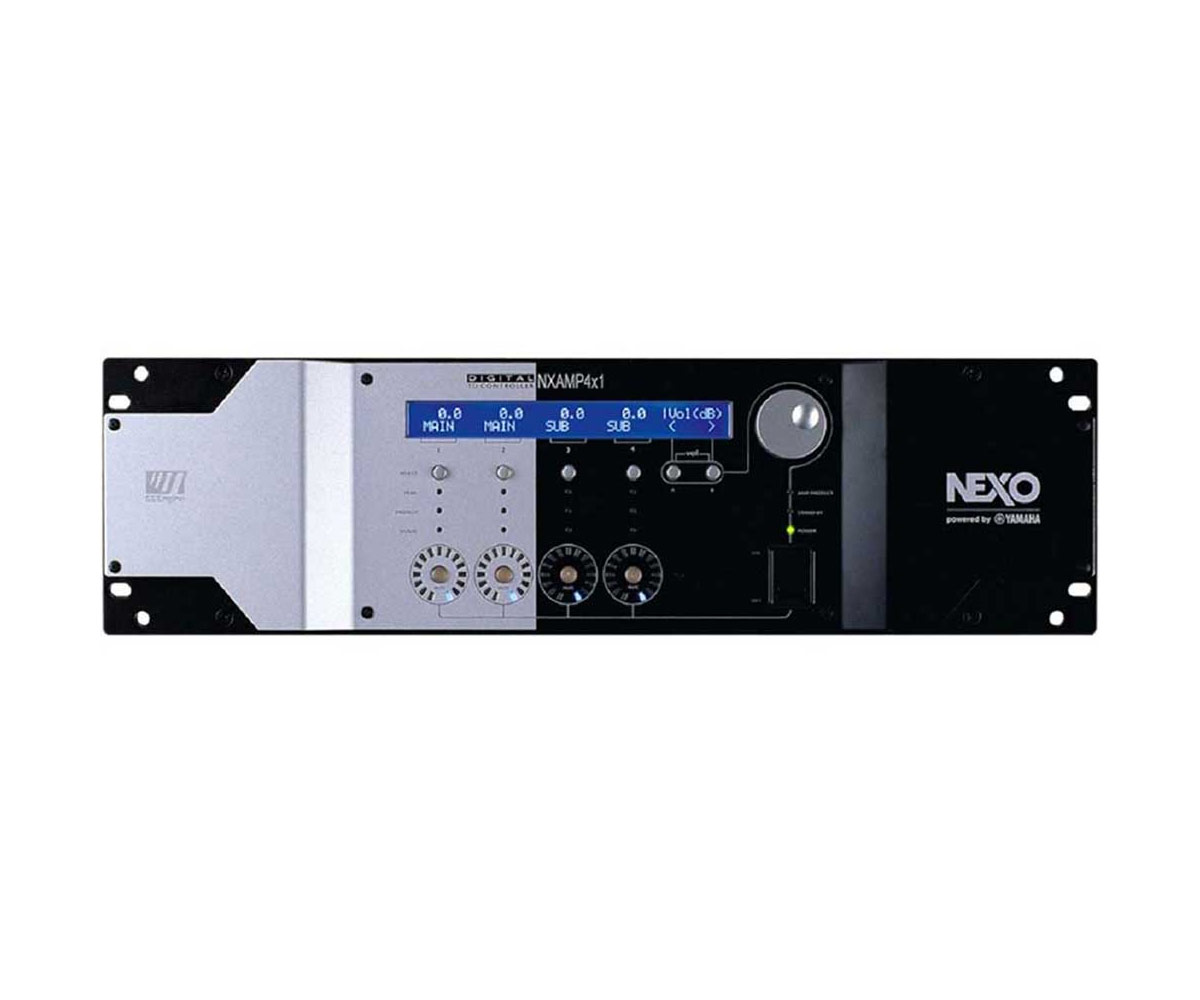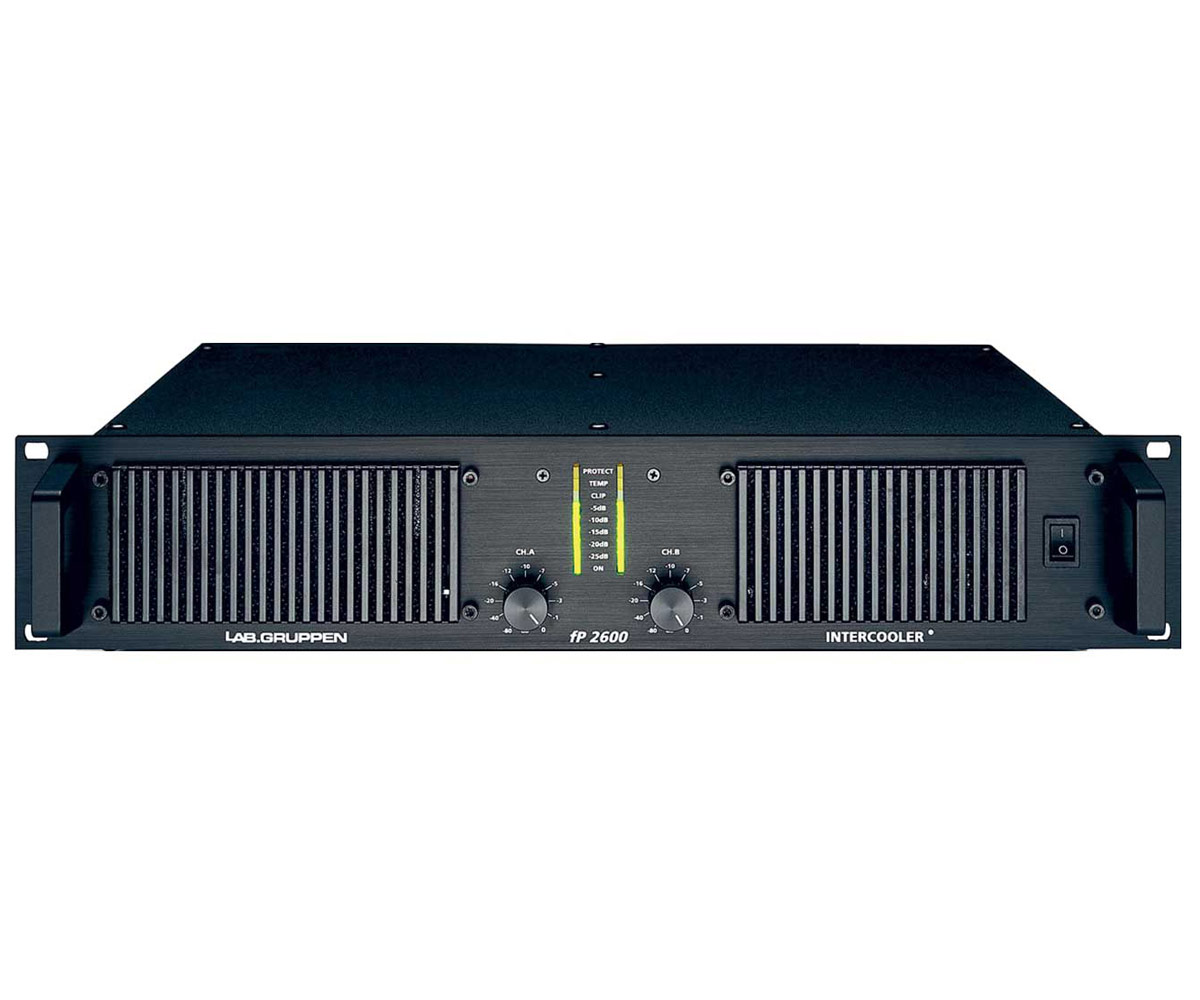10 tips for concert amplifier
20 April 2023

 |
|
10 Must-Know Tips for Choosing the Best Concert Amplifier As a musician, you know that having the right equipment is crucial to delivering a great live performance. And when it comes to amplifiers, it's no different. Whether you're playing in a small club or a large arena, your amplifier can make or break your show. With so many options on the market, choosing the best concert amplifier can be a daunting task. But fear not, we've got you covered. In this article, we'll go over the top 10 must-know tips for choosing the best concert amplifier for your needs. Understanding the basics of amplifiers Before we dive into the specifics of choosing a concert amplifier, it's important to understand the basics of how amplifiers work. An amplifier is a device that increases the amplitude of an audio signal. In simpler terms, it makes your instrument louder. Amplifiers consist of several components, including a preamp, power amp, and speakers. The preamp boosts the signal from your instrument, while the power amp increases the power of the signal. The speakers then convert the electrical signal back into sound. When shopping for a concert amplifier, it's important to understand these basic components and how they work together. This will help you make an informed decision when choosing the best amplifier for your needs. Types of concert amplifiers - tube, solid-state, and hybrid There are three main types of concert amplifiers: tube, solid-state, and hybrid. Tube amplifiers use vacuum tubes to amplify the signal, while solid-state amplifiers use transistors. Hybrid amplifiers combine both tube and solid-state technology. Each type of amplifier has its own unique sound characteristics. Tube amplifiers are known for their warm, rich tone and natural compression. They're often favored by blues and classic rock guitarists. Solid-state amplifiers, on the other hand, are known for their clean, crisp sound and high reliability. They're often favored by jazz and country guitarists. Hybrid amplifiers offer the best of both worlds, combining the warmth of tube amplifiers with the reliability of solid-state amplifiers. When choosing a concert amplifier, consider the type of music you play and the sound characteristics you're looking for. This will help you narrow down your options and choose the best amplifier for your needs. |
 |
|
Power output and impedance Another important factor to consider when choosing a concert amplifier is power output and impedance. Power output is measured in watts and determines how loud your amplifier can get. The higher the wattage, the louder your amplifier can go. Impedance, on the other hand, is measured in ohms and determines how much power your amplifier can deliver to your speakers. When choosing a concert amplifier, it's important to consider the size of the venue you'll be playing in and the size of your band. A larger venue and band will require a higher wattage amplifier to ensure you can be heard. It's also important to match the impedance of your amplifier to the impedance of your speakers. Mismatched impedance can result in poor sound quality and potential damage to your equipment. Number of channels and inputs The number of channels and inputs on your amplifier will determine how many instruments and microphones you can plug in at once. A single-channel amplifier will only allow you to plug in one instrument or microphone at a time, while a multi-channel amplifier will allow you to plug in multiple instruments and microphones simultaneously. When choosing a concert amplifier, consider the size of your band and the number of instruments and microphones you'll need to plug in. A larger band with multiple instruments and microphones will require a multi-channel amplifier to ensure everyone can be heard. Effects loop and tone shaping features Many concert amplifiers come with built-in effects and tone shaping features. Effects like reverb, delay, and distortion can help you shape your sound and add depth to your performance. Tone shaping features like EQ and gain control allow you to fine-tune your sound and adjust the balance of your instrument. When choosing a concert amplifier, consider the effects and tone shaping features you'll need to achieve your desired sound. If you already have a pedalboard with built-in effects, you may not need an amplifier with built-in effects. However, if you're looking for an all-in-one solution, an amplifier with built-in effects and tone shaping features may be the way to go. Portability and weight Another important factor to consider when choosing a concert amplifier is portability and weight. If you're a touring musician, you'll likely be transporting your amplifier from venue to venue. A heavy, bulky amplifier can be difficult to transport and set up, especially if you're playing multiple shows in a row. When choosing a concert amplifier, consider the weight and size of the amplifier and whether it will be easy to transport. If you're looking for a more portable option, consider a combo amplifier that combines the amplifier and speakers in one unit. |
 |
|
Brand reputation and customer reviews Brand reputation and customer reviews can also play a role in choosing the best concert amplifier. A reputable brand with good customer reviews can give you peace of mind knowing that you're investing in a quality product. Reading customer reviews can also give you insight into the sound and reliability of a particular amplifier. When choosing a concert amplifier, do your research and read customer reviews to get an idea of the amplifier's sound quality, reliability, and overall value. Budget considerations Of course, budget is also an important consideration when choosing a concert amplifier. Amplifiers can range from a few hundred dollars to several thousand dollars, depending on the features and quality. When setting your budget, consider the features you need and the quality you're looking for. It's important to invest in a quality amplifier that will last you for years to come, but also to stay within your budget and not overspend. Final tips for choosing the best concert amplifier Here are a few final tips to keep in mind when choosing the best concert amplifier for your needs:
|
